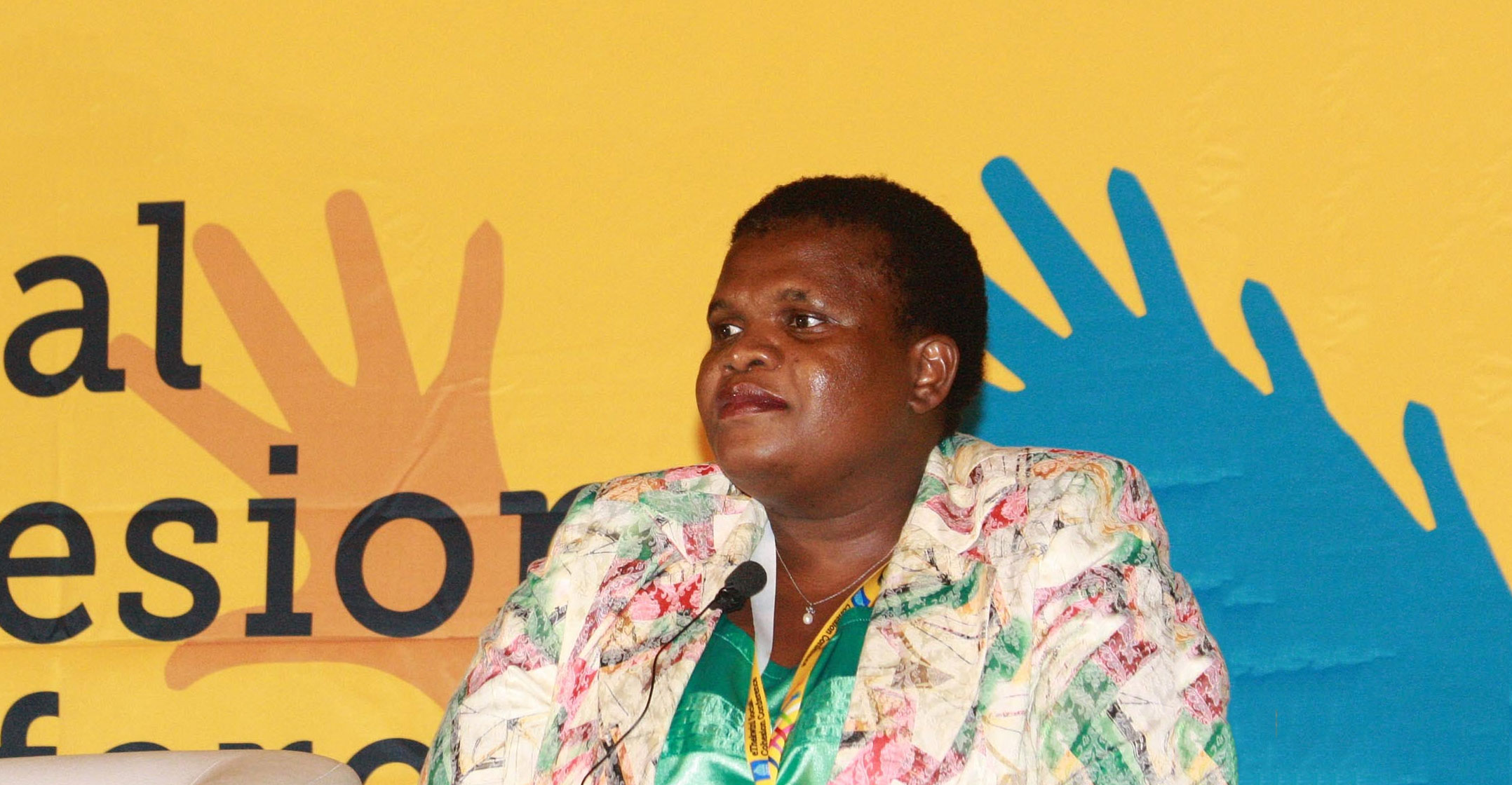
[dropcap]T[/dropcap]he victory this week in the constitutional court by former communications minister Faith Muthambi over e.tv may not mark the end of the long-running dispute over encryption in South Africa’s digital television migration programme, but it should finally allow government to move ahead with the long-delayed project.
The country’s highest court ruled on Thursday Muthambi acted lawfully when she amended the broadcasting digital migration policy developed by her predecessor, Yunus Carrim, dealing a blow to e.tv, which had contended that encryption was crucial in ensuring the future success of the free-to-air broadcasting sector. The judgment is a victory for MultiChoice and the SABC, which were both party to Muthambi’s appeal against an earlier judgment in e.tv’s favour at the supreme court of appeal in Bloemfontein.
But it may be premature for MultiChoice, which owns M-Net and DStv, and the SABC to celebrate the judgment.
Ayanda Dlodlo, appointed by President Jacob Zuma in a cabinet reshuffle in late March, told parliament last month that she intended to reverse Muthambi’s 2015 reversal of Carrim’s policy on encryption. This would bring it in line with official ANC policy on the matter, which Muthambi had thumbed her nose at, much to the chagrin of the party’s chief whip, Jackson Mthembu, South African Communist Party general secretary Blade Nzimande, and others.
Dlodlo said little in the wake of this week’s judgment. In a statement, she said only that she had “noted” the ruling and was “pleased” that the department of communications could now proceed with the implementation of the digital migration programme, “bringing South Africa a step closer to meeting the December 2018 switch-off deadline”.
That new deadline is the third set by government. It failed to meet the first one, of December 2011, set by former communications minister Ivy Matsepe-Casaburri, who kick-started the migration process in 2001, and the second one, of June 2015, agreed to with the International Telecommunication Union, an agency of the United Nations.
Digital dividend
Mobile operators, which are desperate for access to the “digital dividend” spectrum bands being used by broadcasters for analogue transmissions, will be hoping government doesn’t miss the new deadline, too. The operators are actively “refarming”, or reallocating, 2G and 3G spectrum to accommodate their 4G networks, but are fast running out of the ability to cope without incurring the high cost of densifying their networks. None has been allocated spectrum specifically for building 4G infrastructure.
Andrew Fraser, an independent marketing consultant and an expert on South Africa’s migration project, said it was unlikely that government would complete the migration project much before 2020. He said that Dlodlo must now ensure that there is policy certainty, especially on the issue of encryption.

“Until there is policy certainty, the process of migration cannot continue, and that delays access to the digital dividend that the mobile operators need for broadband,” he said. “The poor management of this process by successive ministries over the past decade has had a direct negative impact on South Africa’s GDP.”
Attention will now turn to parliament on 20 June, when Dlodlo and officials from her department are expected to provide an update to a joint sitting of the portfolio committees on communications and telecommunications & postal services on the digital migration project. It’s anticipated that Dlodlo will use the opportunity to set out her intentions with the broadcasting digital migration policy and how she intends taking the process forward.
The Democratic Alliance has called on the minister to begin a thorough review of the entire project. “The procurement of government-subsidised decoders for identified indigent households is mired in irregularities, is unaffordable and the technology has moved on,” DA MP Marian Shinn said on Thursday.
Shinn, who is the party’s spokeswoman on telecoms & postal services, warned that government’s programme to build set-top boxes in South Africa, created in an effort to kick-start a local electronics manufacturing industry, was mired in “irregularities”. Moreover, the programme had proved to be “unaffordable” and the technology had “moved on”.
“This must be government’s priority project so the airwaves can be released for desperately needed mobile broadband services that can contribute to economic growth, job creation and deliver services and opportunities to South Africans,” she said.
- This article was also published in the Sunday Times of 11 June 2017




